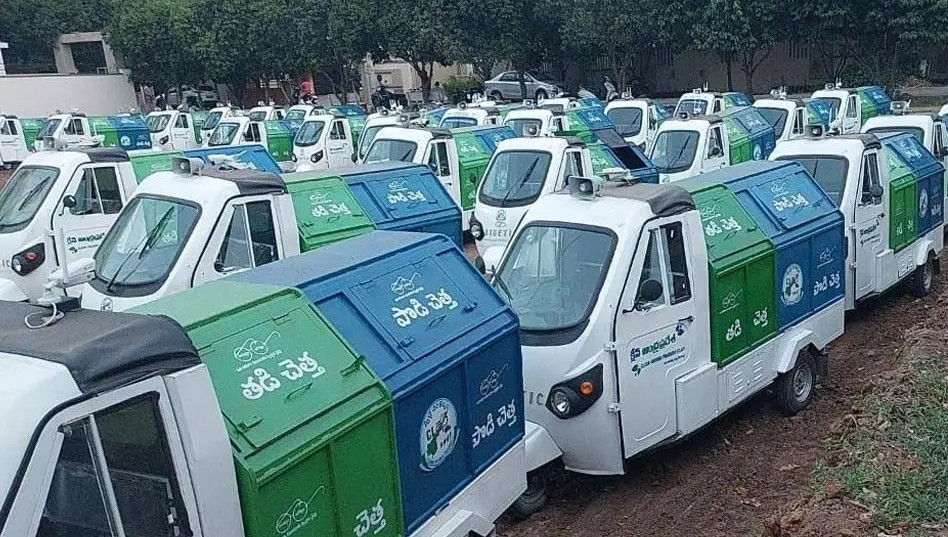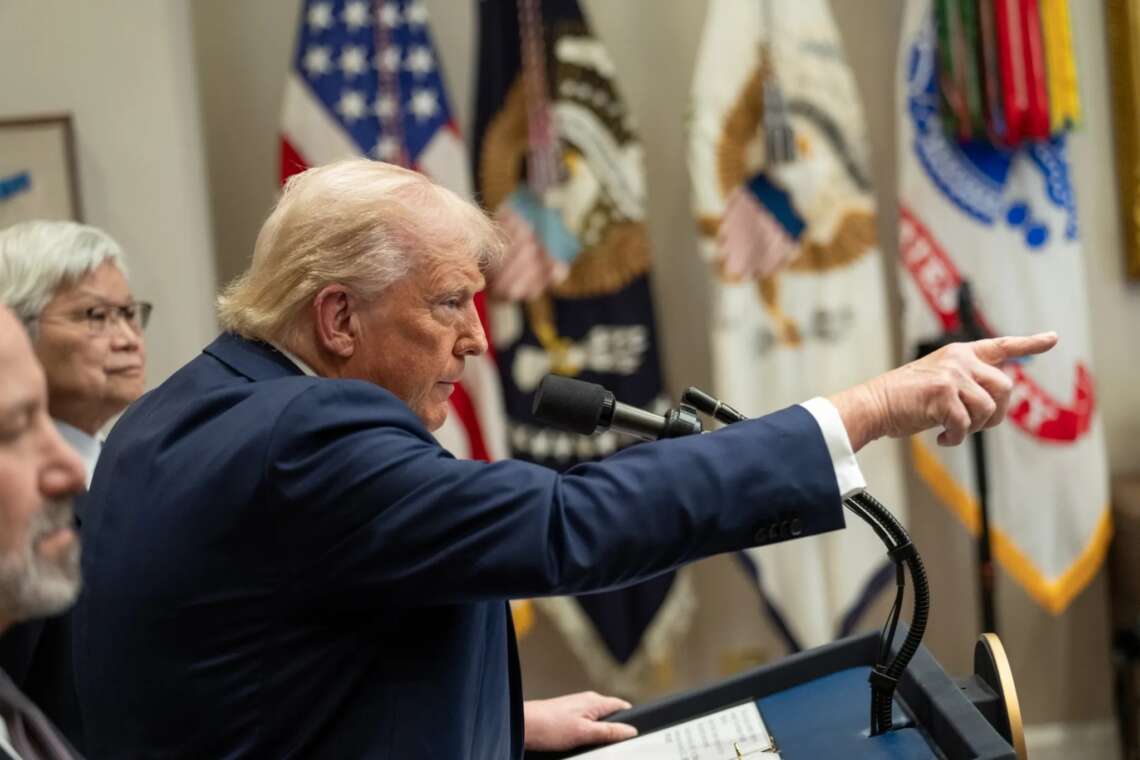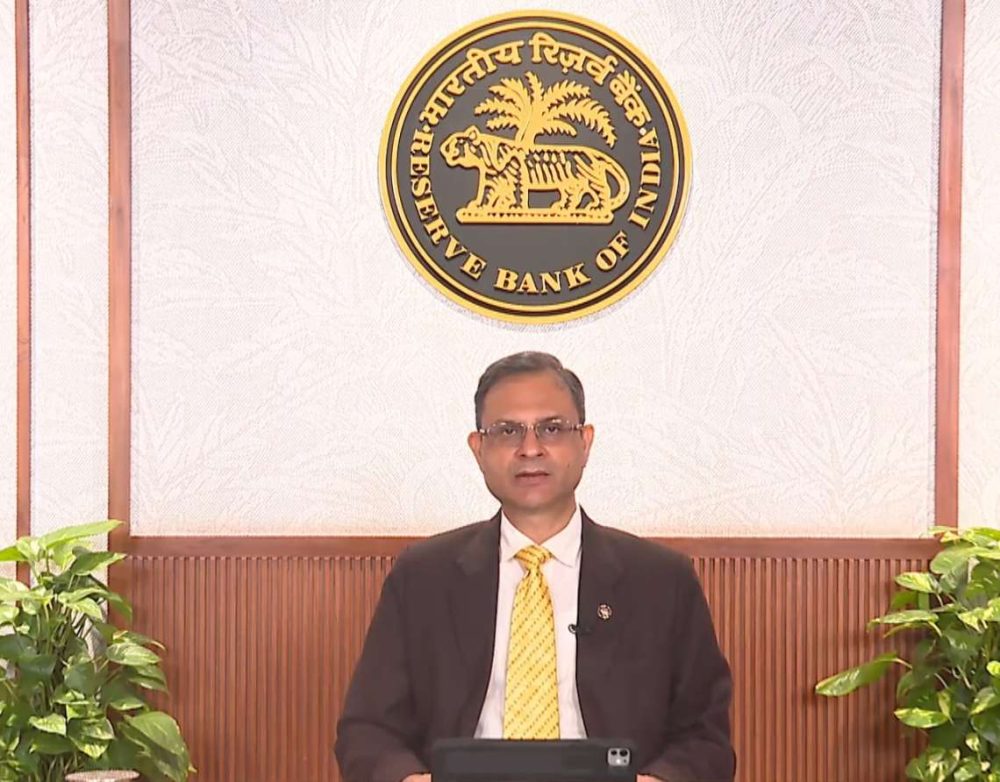Each EV is equipped with GPS tracking for real-time monitoring and efficiently serves the city’s 159.46 square kilometre area
The use of electric vehicles (EVs) in household waste collection is ushering in a sustainable transformation under the Swachh Bharat Mission-Urban (SBM-U), the Ministry of Housing and Urban Affairs said on Tuesday.
The ministry highlighted that these zero-emission vehicles are a pivotal step toward reducing urban air and noise pollution, while improving the efficiency of waste management systems. The move aligns seamlessly with the mission’s long-term objective of achieving garbage-free cities.
“This innovative synergy between clean mobility and solid waste management is paving the way for a more environmentally responsible future,” the ministry said. Several Indian cities have already embraced this green transition. In Guntur, Andhra Pradesh, more than 200 electric autos have been deployed for door-to-door garbage collection. Supported by the United Nations Industrial Development Organization (UNIDO) and the Global Environment Facility (GEF) under the Sustainable Cities Integrated Pilot Approach (SCIAP), the initiative replaces traditional diesel-powered vehicles with clean, electric alternatives.
Each EV is equipped with GPS tracking for real-time monitoring and efficiently serves the city’s 159.46 square kilometre area. This switch eliminates the need for over 71,000 litres of diesel annually, resulting in a projected reduction of 21,000 tonnes of greenhouse gas emissions over 10 years.
Chennai, too, has joined the shift toward sustainable sanitation. The Greater Chennai Corporation (GCC) operates a fleet of 5,478 battery-operated E-rickshaws for household waste collection, covering 24,621 streets across all 15 city zones and reaching over 2.1 million households.
These E-rickshaws, each travelling around 40 km daily, help cut approximately 41 tonnes of carbon emissions every day — translating to a significant annual reduction of 15,160 tonnes. In addition to environmental benefits, the initiative has created jobs for over 6,000 people. Many of the E-rickshaws are also fitted with audio systems to spread awareness about waste segregation through songs and public messages.
Indore is another example of successful EV adoption in urban sanitation. The Indore Municipal Corporation has deployed 100 electric vehicles to replace diesel-powered garbage trucks for door-to-door collection. This shift is expected to save the civic body nearly Rs 5.97 crore annually, factoring in lower costs for fuel, servicing, engine oil, and clutch replacements.
To support this initiative, the corporation has installed 20 solar charging stations. Each station is powered by 10 kW solar panels capable of generating 800–1000 units of green energy daily, enough to charge 80–100 EVs, significantly reducing dependence on grid electricity.










